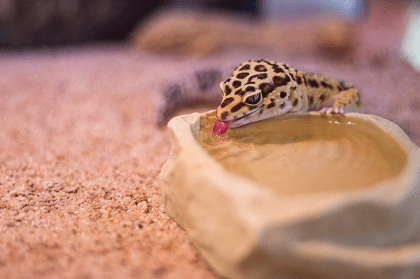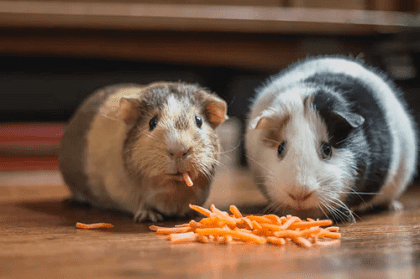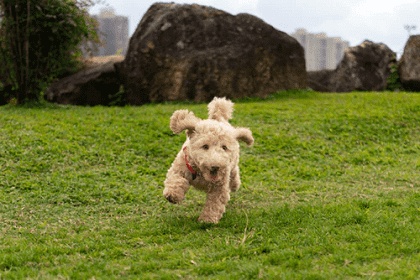Cats and dogs reign supreme as the most popular pets in the world. However, some people prefer to have a smaller or more unusual subset of pets. If you are considering having a pet that’s somehow different to cuddly dogs and cats, then an exotic variety could be right for you. Appreciated for their many fascinating characteristics and smaller sizes, exotic pets such as birds, snakes, lizards, and rodents have quickly become more common in the last two decades.

Like dogs and cats, the exotic animals you intend to keep in your home must have proper nutrition, the right environment, and enrichment to thrive. It is important to note that caring for these animals differs greatly from the traditional ones. Here is a guide with some tips to help you know what measures you can take to properly care for the animal.
1. Proper Enclosure
They also require an ideal housing area, as this keeps them protected and safe within your own living space. For small mammals (rabbits or guinea pigs) and birds, using a cage is ideal. Amphibians, reptiles, and fish fare better in aquariums as they need water and warmth to survive.
Note that enclosures should be spacious enough to allow them to run around and exercise. Even so, the housing you provide should be secure enough to prevent them from escaping. Proper temperature, humidity, and lighting are critical for most reptile species.
Rodents such as rabbits and hamsters will need a change of bedding every week. Set up the cage before you bring home your exotic pet to enable them to settle right away. Put the cage in a quiet and cool location that is free from drafts. Cover the cage when you bring him home for the first time. If you have a chinchilla pet, you should also remember to cover it up as well in the cage. They appreciate the security provided by the cover of darkness as they adjust to new environments. Do not cover the cage with a quilt or any other heavy cloth as it should not be too warm in the cage.
2. Provide the Right Nutrition
Keep the nutritional needs of your little friend in mind to ensure they remain healthy always. It is worth noting that individual species have very specific requirements when it comes to nutrition. In many instances, even the slightest variation from the diet recommended can have serious consequences. You may also note that some require supplements for their special dietary needs.

3. Proper Exercise
Note that they also need physical and mental enrichment daily and if you have them in an enclosure, this could mean creating for them exercise wheels, climbing platforms, or tubes. Since most of them enjoy and love human interaction, they will always look forward to their playtime. Exercising is beneficial in the sense that it strengthens your bond and improves the general health of the animal.

Note that exercise is also helpful as it keeps them mentally stimulated and physically active, thereby warding off some age-related afflictions. However, you need to figure out what is appropriate in terms of activity level.
You need to do some research before you get your desired exotic pet. Be sure you are ready for the commitment as well as the challenges that crop up from time as you care for your exotic pet. With these few tips, you can start planning and then get yourself your desired pet.
